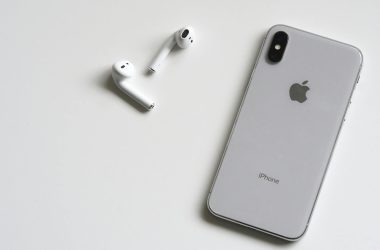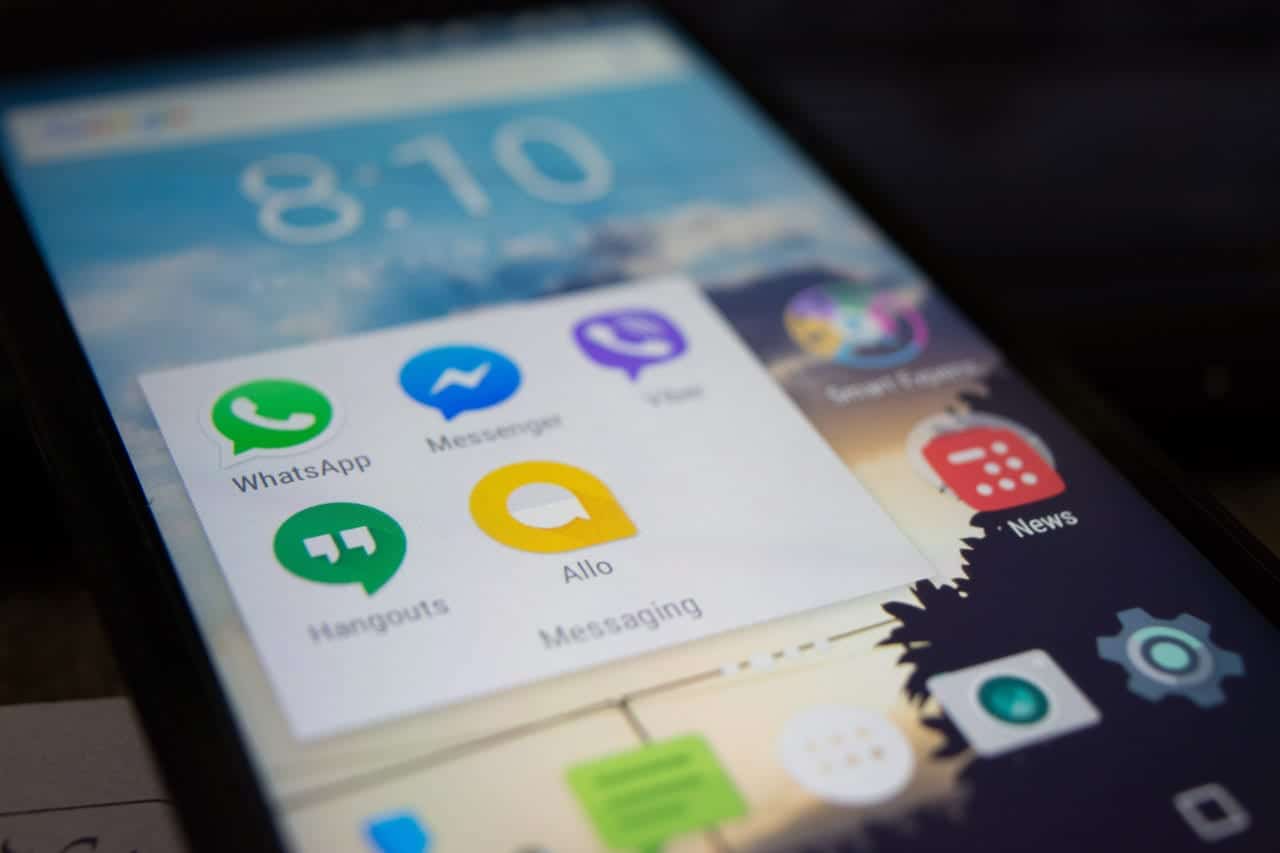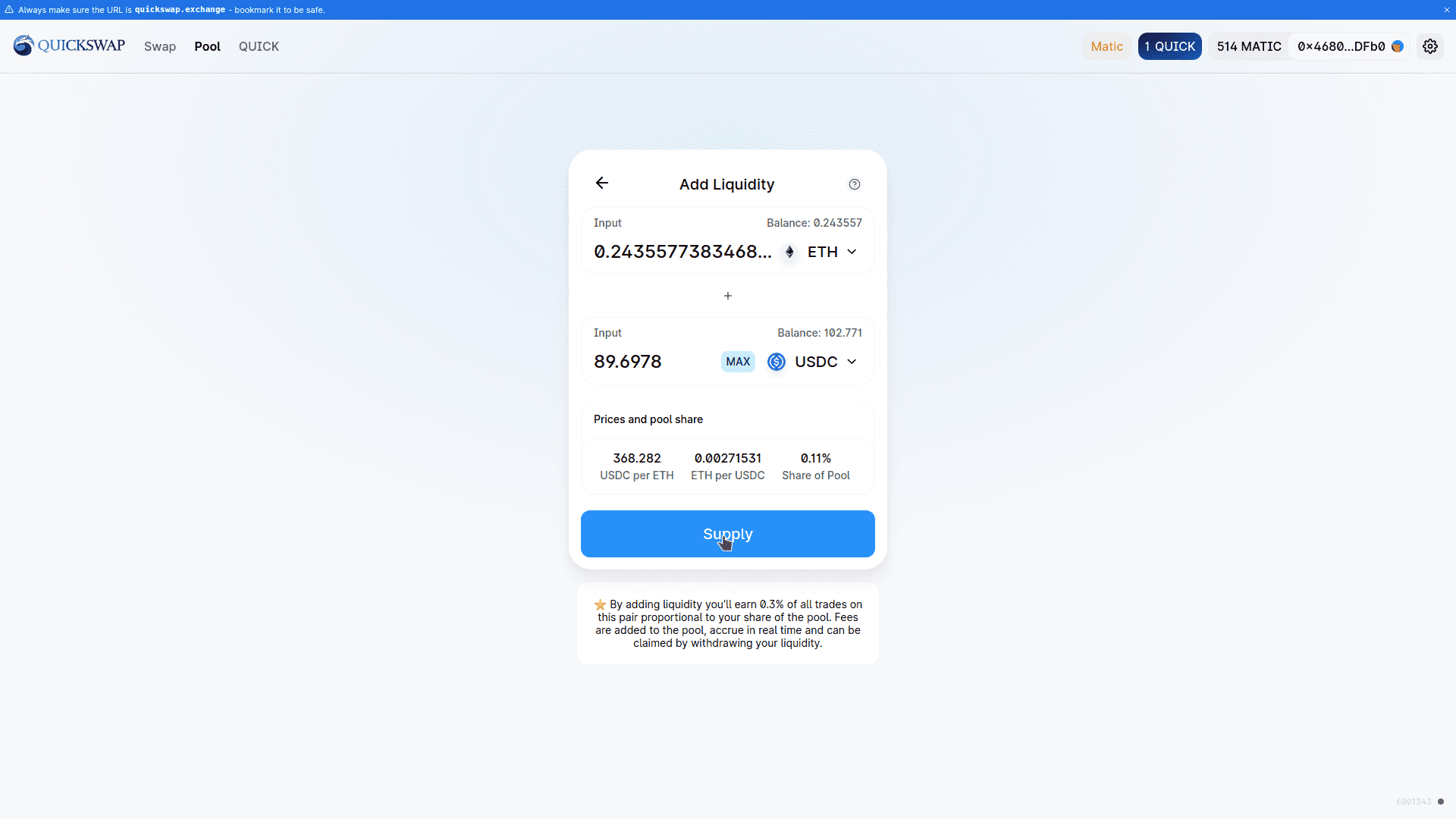Android Central reported that Google will add metadata to Android apps acting as a signature that verifies their authenticity. This helps Android to determine if an app you’re installing is from a legitimate source.
If it isn’t, then it won’t let you install it. This should ameliorate the issue of fake apps in the Play store. Oftentimes malicious developers will release counterfeit apps with the same name as established ones so that you’ll download them. These apps sometimes contain malware.
The metadata will be inserted into apps that are digitally signed during their build process. Google didn’t call it DRM, but it is quite different from DRM as we know it. It doesn’t restrict your usage to one device, or make it harder for legitimate customers to use in the name of anti-piracy efforts (as is the case with many DRM implementations for music and movies).
It’s actually to protect users. Let’s hope this isn’t a stepping stone to a more restrictive DRM implementation that forces you to use apps from Google Play. Let us also hope that it reduces the number of phony malware-infested apps that people have been installing.









